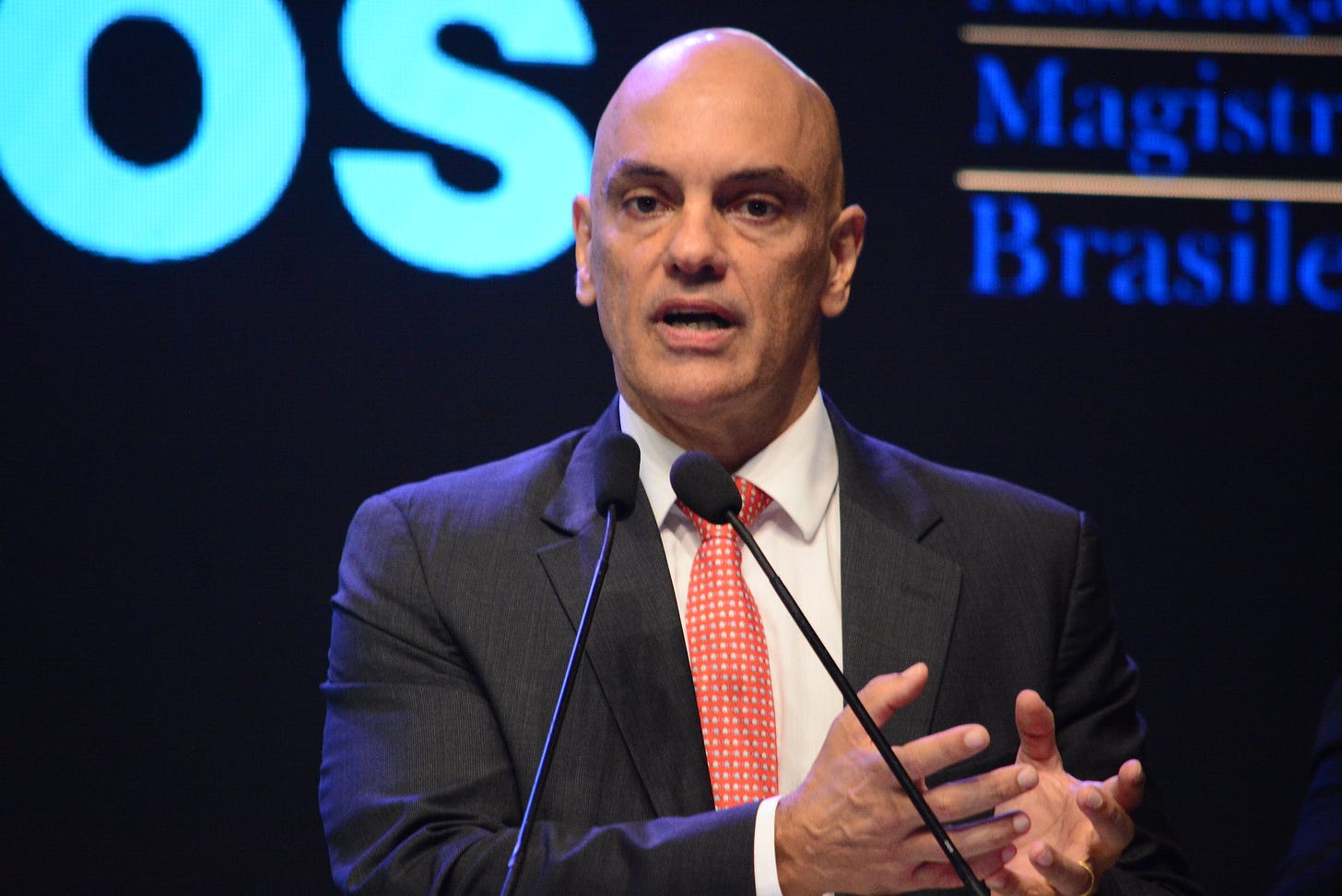Socialists should support Brazil's Twitter ban
Judge de Moraes's order is an assertion of the people's sovereignty over capital.

There is some beautiful irony in notorious censor Elon Musk suddenly finding himself silenced at the hands of someone who is even more powerful. Musk, who has spent the last two years systematically censoring and suppressing left criti…
Keep reading with a 7-day free trial
Subscribe to Carl Beijer to keep reading this post and get 7 days of free access to the full post archives.




